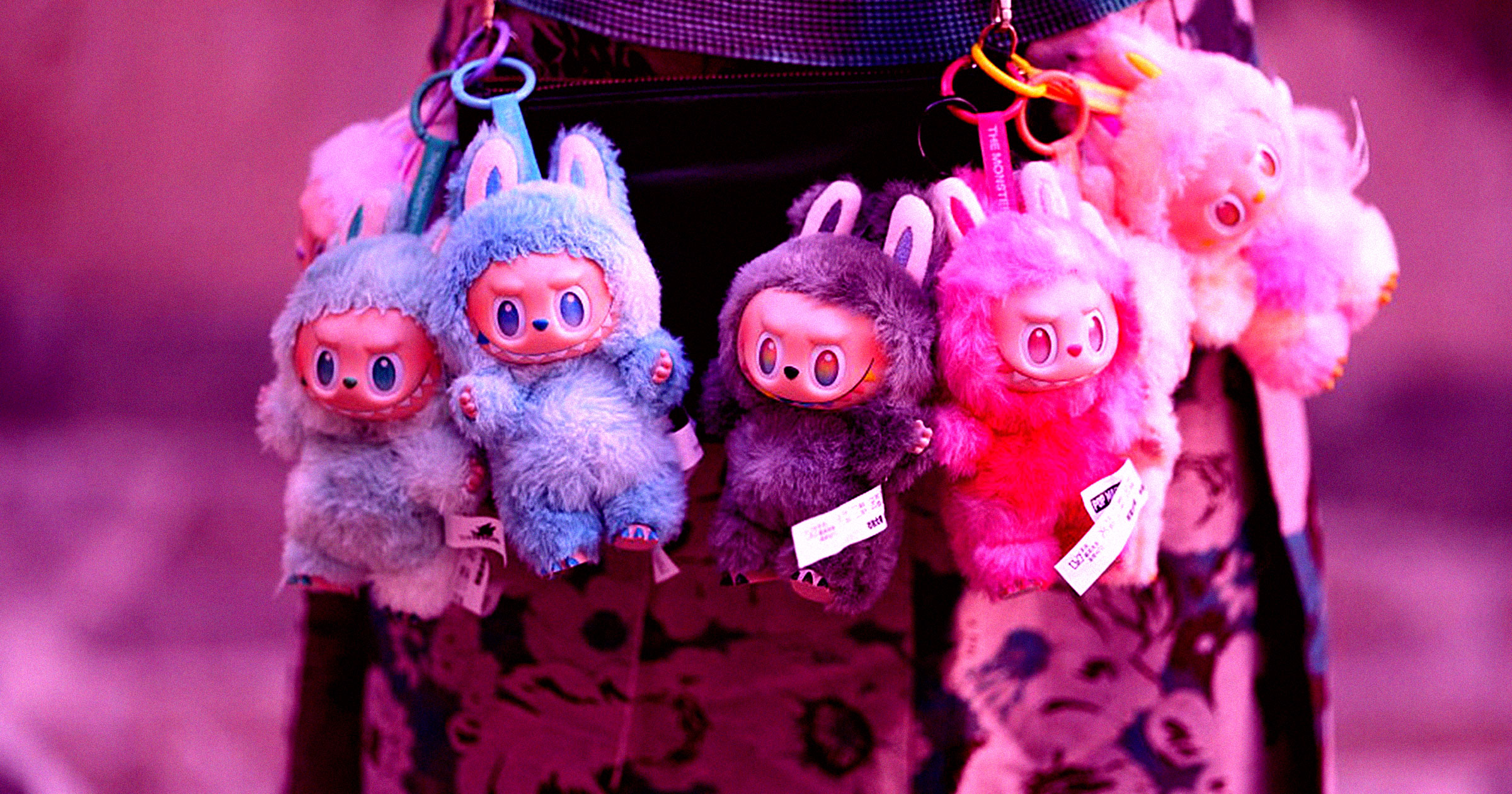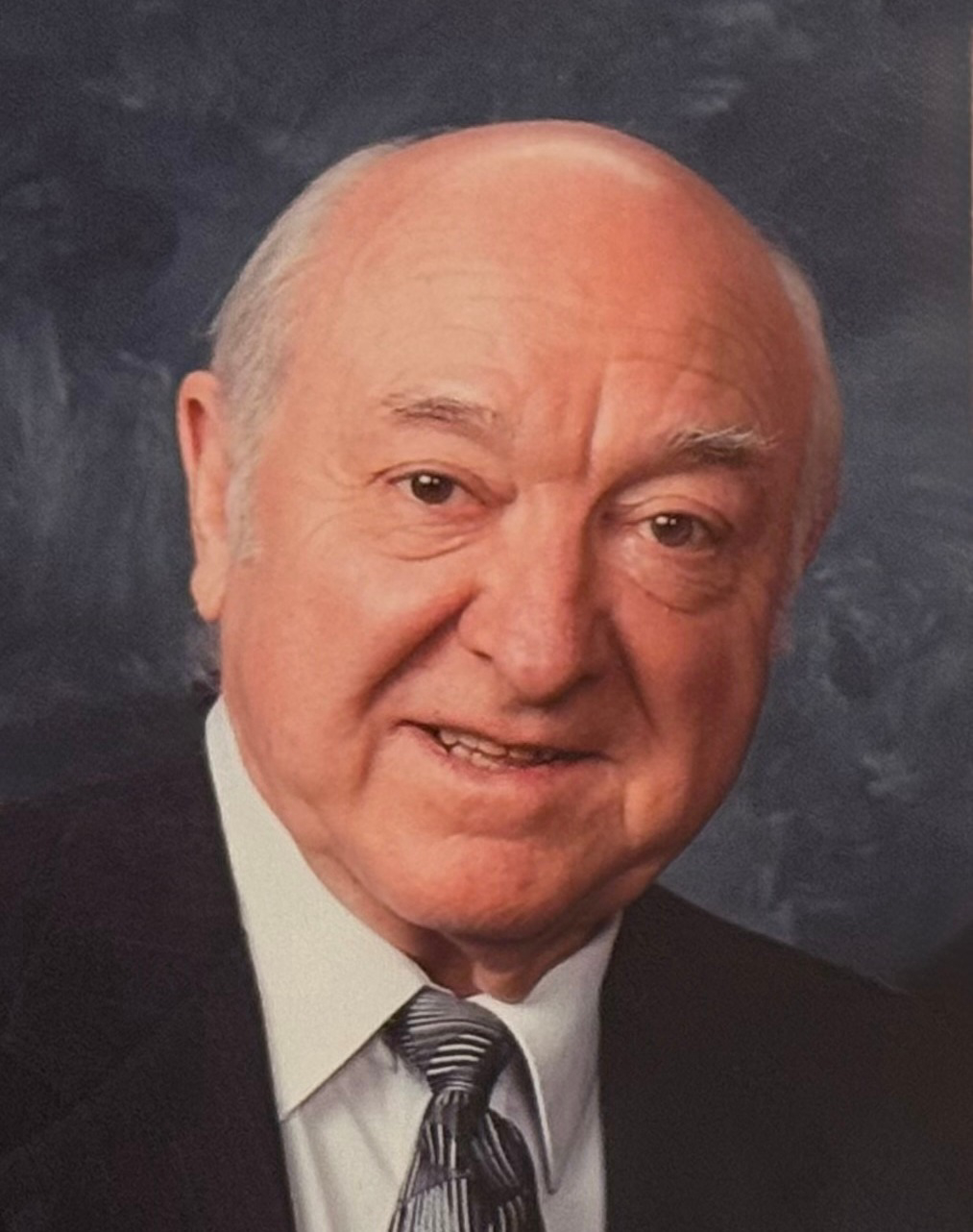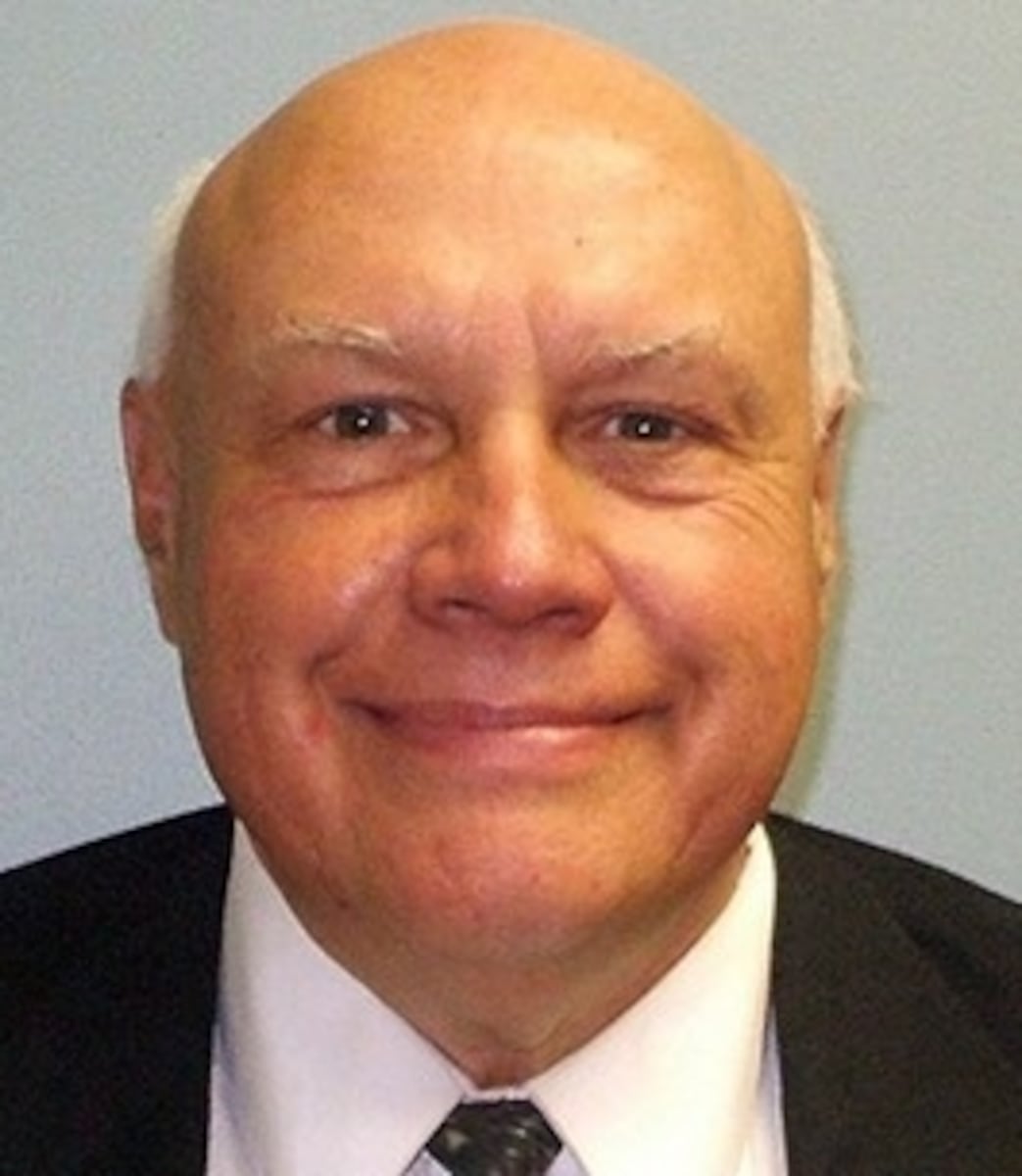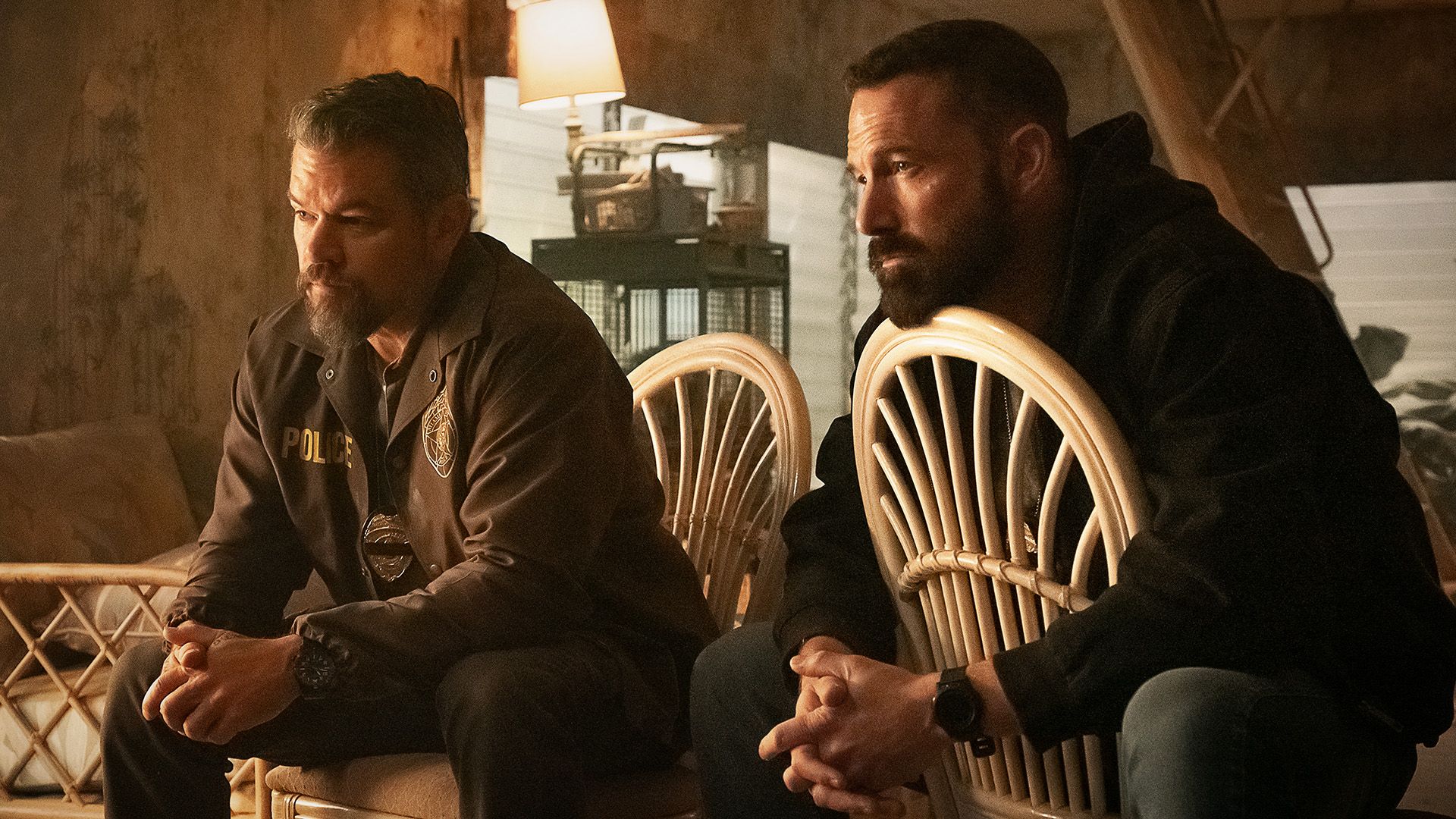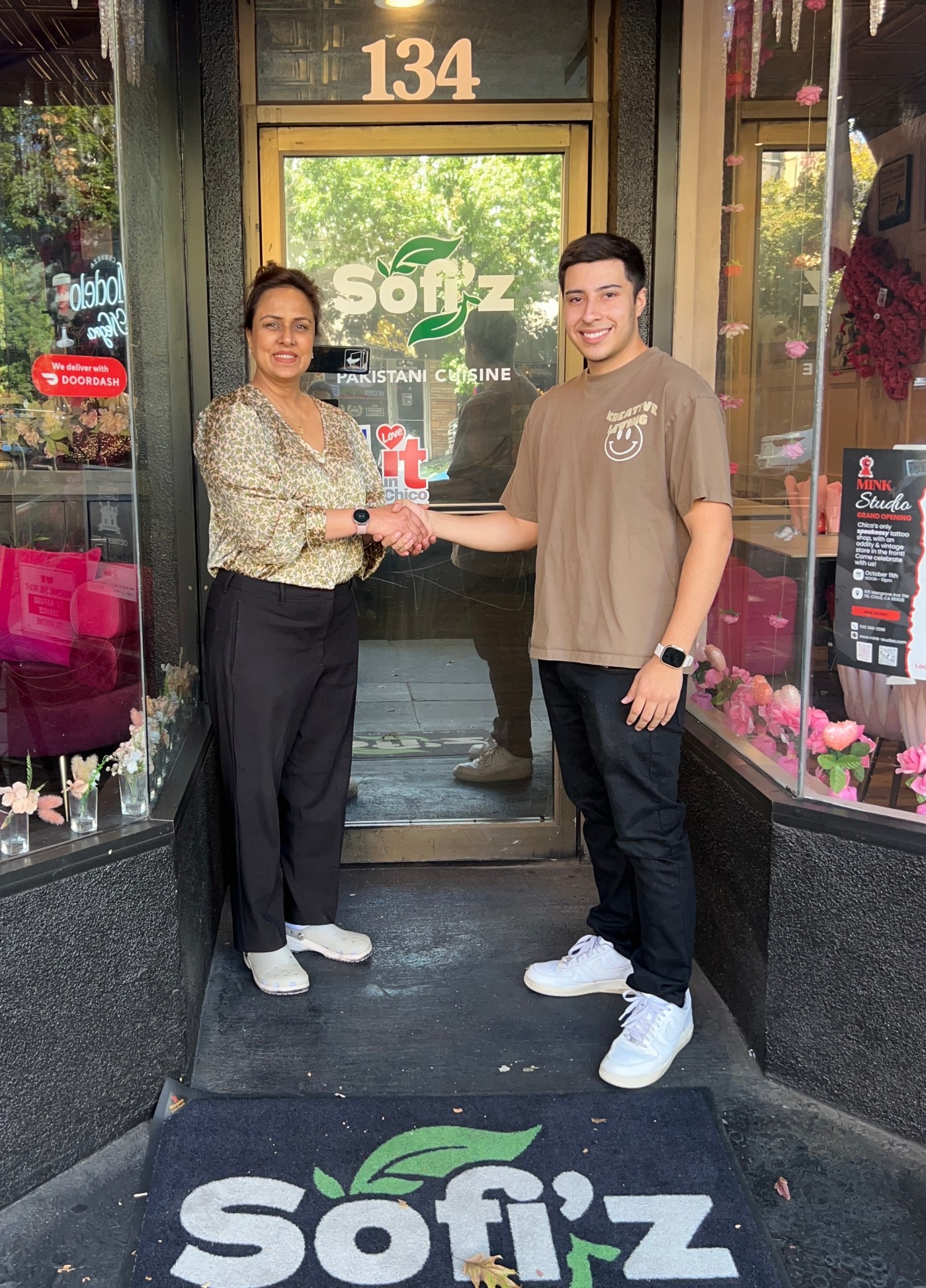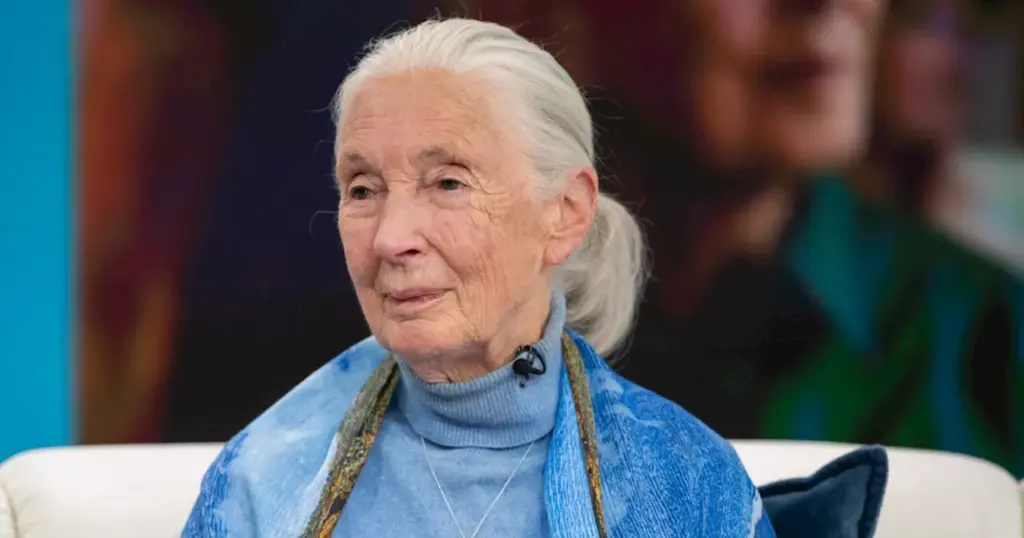
Renowned primatologist and conservationist Jane Goodall passed away on October 1, 2023, at the age of 91 while on a speaking tour in California. Her death, attributed to natural causes by the Jane Goodall Institute, marks the end of an era for a figure whose groundbreaking work transformed the fields of primatology and conservation.
Goodall’s legacy is rooted in her pioneering research at Gombe National Park in Tanzania, where she became the first to observe chimpanzees using tools. This significant discovery shattered long-held beliefs about the uniqueness of human behavior and established her as a trailblazer in animal studies. Mireya Mayor, an anthropologist and primatologist, noted that Goodall’s choice to name individual chimpanzees rather than identifying them solely by numbers was revolutionary. She named a male chimp with distinctive silver facial hair David Greybeard, a move that initially drew criticism for being unscientific. However, this approach highlighted the emotional and social complexities of chimpanzees, traits previously thought to be exclusive to humans.
Redefining the Scientific Landscape
Goodall’s work not only changed perceptions of chimpanzees but also expanded the boundaries of scientific inquiry. She demonstrated that animals possess emotions, empathy, and culture, fundamentally altering how researchers conduct studies in animal behavior. Nick Boyle, executive director of Taronga Zoo in Sydney, remarked that Goodall’s research revealed the darker aspects of chimpanzee societies, including their capacity for violence and complex social structures. In 1973, she documented a four-year conflict between two chimpanzee communities, leading to the deaths of all the males in one group.
Beyond her scientific contributions, Goodall inspired countless women to pursue careers in fieldwork and conservation. She was among the few students accepted into a PhD program at Cambridge University in the early 1960s without an undergraduate degree. Completing her PhD in 1965, she proved that formal scientific training was not a prerequisite for groundbreaking research. Alison Behie, an anthropologist at the Australian National University, shared how Goodall’s influence led her to switch her studies from microbiology to anthropology after attending one of Goodall’s talks.
A Lasting Influence on Conservation and Advocacy
Goodall was adept at making her research relatable to the public. By connecting her studies of chimpanzees to universal human experiences, such as familial bonds, she cultivated a sense of empathy toward wildlife. Euan Ritchie, a conservation scientist at Deakin University, emphasized her talent for storytelling, which helped her engage audiences and advocate for critical environmental issues.
Her commitment to youth engagement is exemplified by the founding of her program, Roots and Shoots, in 1991, designed to educate and involve young people in conservation efforts. Maria Sykes, chief executive of the Jane Goodall Institute Australia, referred to this initiative as Goodall’s “baby,” reflecting her dedication to fostering a new generation of environmental advocates.
While many know her as a serious researcher, those close to Goodall recognized her fun-loving spirit. Mayor pointed out that even in her later years, Goodall maintained a playful and flirtatious demeanor, showcasing a side of her personality that endeared her to many.
Jane Goodall’s enduring legacy lies not just in her scientific achievements but also in her ability to inspire action and advocacy for the natural world. As the world reflects on her life, her influence on conservation, animal welfare, and the role of women in science remains profoundly relevant.
